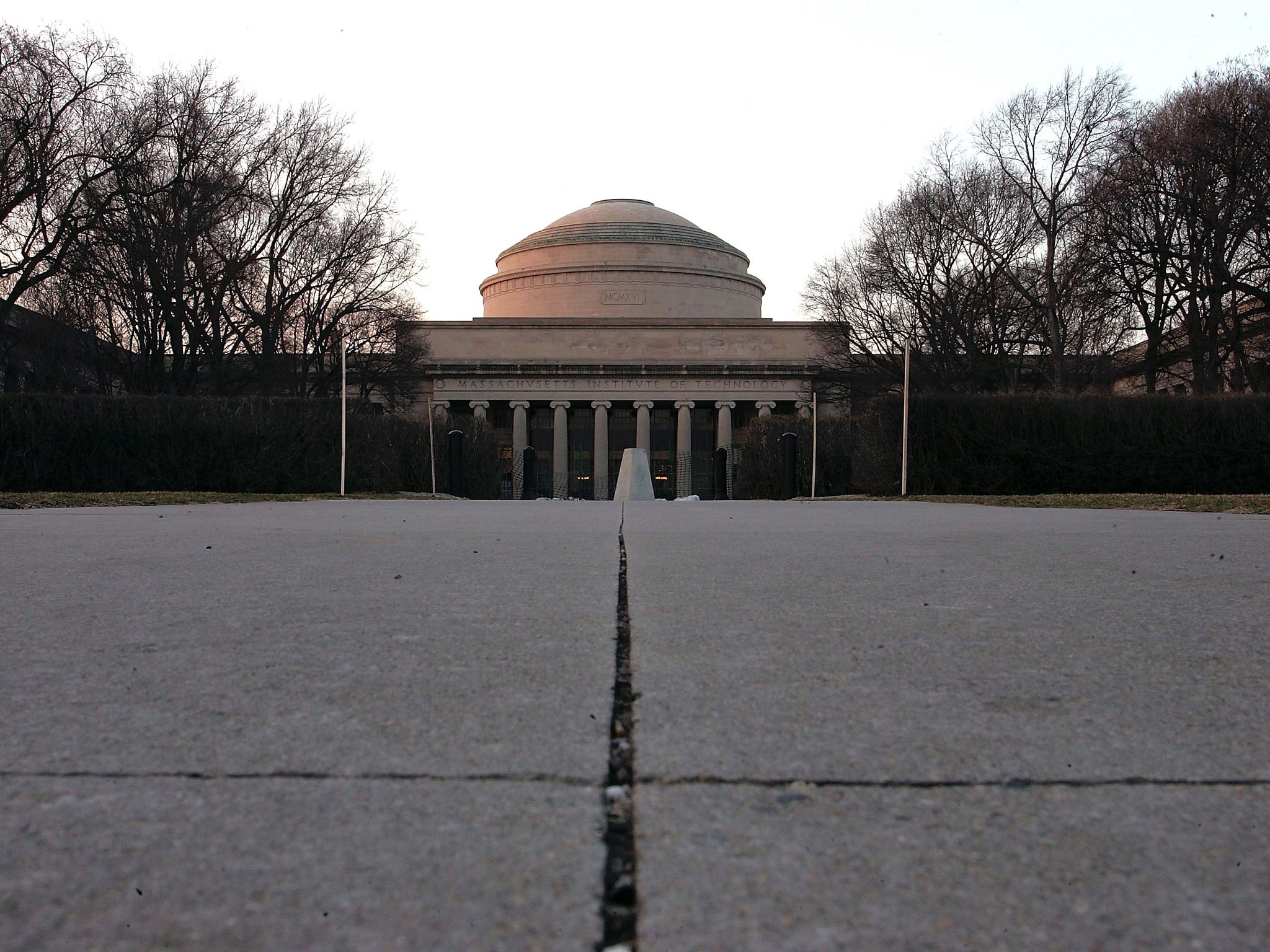So why is MIT number one in the world university rankings?
It’s topped the world university rankings for the second year running, but what gives Massachusetts Institute of Technology the wow factor?

Long-term Ivy League rival Harvard may only lurk two miles down the road, but Massachusetts Institute of Technology is on top of the world rankings. That's a far cry from six years ago when it could only manage tenth place. But what propels it to the top of the list?
Widely known as MIT, the Institute admitted its first batch of freshmen in 1865 following an effort by reputed natural scientist William Barton Rogers to found an educational establishment with a focus on the practicality of industrialising America.
Today, MIT’s five schools and one college house 34 academic departments along with world-class laboratories and numerous other facilities. Tellingly, its strengths lie in the fields of engineering, science and technology, and its exclusivity involving which students they accept means that only the very best make the cut.
But Harvard, Stanford and the rest of the universities in the top 10 can all boast of similar things. MIT’s real selling point is its expertise at transforming the buds of its students’ technology ideas into hugely successful businesses. Described by Bill Clinton as having ‘the best technology-transfer program in the country’, MIT graduates have started thousands of companies in what they term their own ‘living lab’.
In 2011 alone, 694 inventions were born at MIT, according to the university’s own Technology Licensing Office. Creations join a diverse range, from email, digital ink and the spreadsheet to nuclear fission, PET scans and the disposable razor. The man behind the World Wide Web, Tim Berners-Lee, is one of MIT’s professors - can you get much better than that?
Alumni of MIT include Buzz Aldrin, the second man on the moon; Kofi Annan, the former UN secretary general; Edwin Land, creator of the Polaroid camera; and 78 staff and students who have won the Nobel Prize.
Mechanical, scientific and engineering creativity and expertise thrive at MIT, arguably more than in any other educational institution worldwide. Staff are so determined to bring out their prodigies’ genius that pranks, known as ‘hacks’ in the community, are rarely punished and instead, actively encouraged. Such hacks have in the past included one student presenting a tribute to Apple founder Steve Jobs by replacing a clock tower with the Apple logo, and another involving a fire engine being placed on top of the university’s Great Dome in remembrance of 9/11.
There’s no doubting that Harvard, Cambridge, Stanford, Yale and Oxford have affirmed themselves as world class universities but, yet again, they find themselves falling in MIT’s vast technological shadow.
Join our commenting forum
Join thought-provoking conversations, follow other Independent readers and see their replies
0Comments